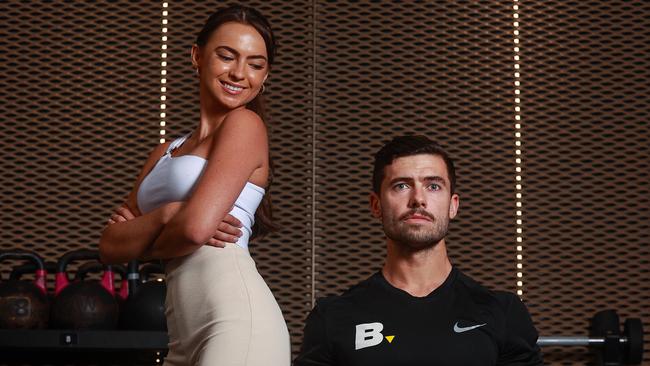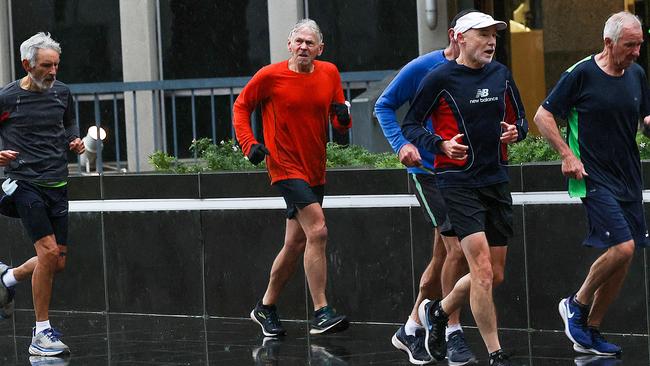Men are afforded more time for exercise than women, new study finds
New research has revealed a surprising finding about the exercise habits of Australians when it comes to one thing.

NewsWire
Don't miss out on the headlines from NewsWire. Followed categories will be added to My News.
Australian men are afforded more time than their female partners for exercise, a new study has revealed.
The research, published in the Journal of Health and Social Behaviour, revealed the shocking extent of the gender exercise gap, finding 28 per cent of women reported doing three physical activities a week in comparison with 34 per cent of their male partners.
Researchers concluded “hour for hour, paid or unpaid, women’s physical activity is constrained by their time use in ways that men’s is not”.
“Although men generally spend longer hours on the job than women do … this ‘buys’ them less and different types of family work.” the researchers wrote.
Australian National University study co-author, Professor Lyndall Strazdins said that women’s physical activity dropped by more than six per cent whenever their family or paid work hours increased, in comparison to men’s mere two per cent drop.

“We’re wanting women to work equally, but we’re not enabling them to do that, and they’re cutting back on their health.” she said.
Professor Strazdins said longer work hours for men had “almost no effect on their time for being active and keeping themselves healthy”.
“When men have a job, they reduce the time they spend at home on care. But when women have a job, they don’t,” she said.
“What that tells you is that men’s jobs actually buy them out of family work, and it shifts time on to women.

The study also highlights how men take on more total paid and family work commitments a week, while women reported longer family work hours and less control over their work time.
Researchers drew from more than 7,000 Australian households made up of heterosexual couples aged 25 to 64.
Originally published as Men are afforded more time for exercise than women, new study finds


